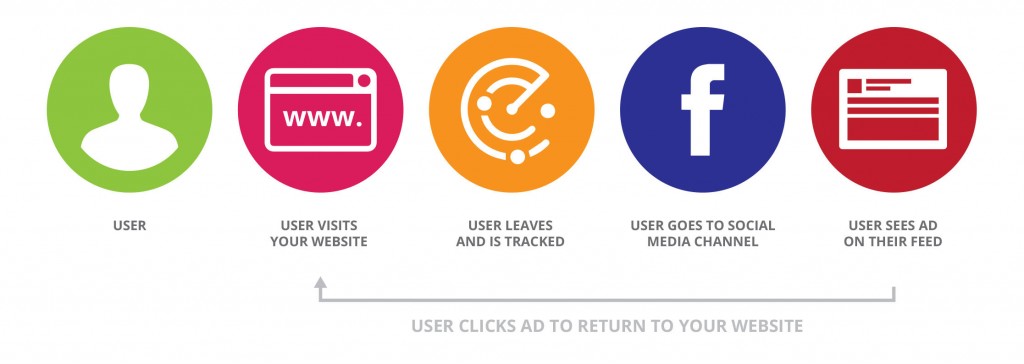Allocating Your Marketing Budget
How brands and marketers allocate their marketing budget is an ongoing struggle. The many different ways to spend your money can feel endless, but as always with money, the risks can be astronomical and you don’t want to feel like you’ve wasted a cent of your cash or a minute of your time. If you over allocate on the wrong channel you can blow most of your marketing budget on a tactic that proves fruitless. Or, you can under-fund the right channel and miss out on valuable leads.
So, how does one avoid allocation errors and ensure you get the most out of your marketing budget?
One- Match Spend With Goals
Before deciding how to spread your budget, you need to clearly know your campaign goals. Your business objectives should be the deciding factor when it comes to deciding which channels to invest in. While some channels may actively support your goals, others may be a waste of spending. Be aware of your goals before you begin, and let them inform your decisions about budget allocation
Two- What’s Come Before?
Financiers say “past performance is not indicative of future results”, but you’re not in finance, you’re in marketing, where there’s a lot you can learn from past campaigns. Tracking the performance of previous engagements will provide clarity when it comes to your strongest returns. When allocating your money you should pull back on channels that have under performed before, alternatively analyse what went wrong and how to optimise them going forward
Three- Prioritise Channels With Proven ROI
The old mantra of “stick to what you know” is always a good place to start. Testing new waters does indeed have its merit, but don’t throw substantial investment in untried methods. Budgeting is a personal journey for brands. Doing it properly means assessing what works for the specific business needs of the brand, even if it means missing out on trends some rivals are jumping on. Despite each brand being unique, there’s a few channels that we at SponsoredLinX believe are worth the investment if your goal is getting the most out of your marketing budget.
Targeted Paid Search
Beginning with paid search is easy even on smaller budgets. Start conservative with smaller daily spend limits, and gradually increase them as you begin optimising your campaigns.
Paid search delivers ads to users based on search terms. This indicates an interest or need in whatever product or service you provide, which means via paid search your identifying potential customers based on what they’re looking for online. As paid search starts generating traffic as soon as you enable your campaigns, you’ll achieve results relatively quickly (provided your campaigns are set up and managed correctly). Paid search also serves as a testing ground, where one can analyze and observe performance quickly, so you can strengthen campaigns as you go along.
Remarketing
Remarketing is the process of showing targeted display ads to users who’ve visited your page even after they’ve left and are browsing elsewhere. It’s a proven way of recovering lost sales, its inexpensive to implement and it helps support other channels.
Email Marketing
Email marketing is a cost effective way of turning leads to sales and increasing the lifetime of a customer. If users have opted to receive you in their inbox then they’re indicating a level of interest that makes them valuable. In addition, the cost of running an email marketing campaign is lower in comparison to other channels.
Content Marketing
When considering ways of stretching your marketing budget you may not immediately consider content marketing. It requires an investment of both time and money in order to produce quality content. However, despite the cost it can prove essential to the success of your digital marketing.
Content forms the backbone of everything you do going forward. It’s the foundation of successful SEO. It’s why people engage with your social media and get’s them to click on your ads. Without content, your digital marketing engine has no fuel.
Conversion Rate Optimisation
CRO will make the most of the traffic that comes from your other endeavors. Through testing and optimising the various elements of your website, you can ensure that hard work of attracting users isn’t wasted because they’ve encountered a poor experience once they’ve reached your page (which is half the battle). When you ensure the user experience of your page is tip-top you’re likely to generate sales, so it’s a worthy investment. Allocating some of your budget to CRO will allow you to constantly optimise your site’s performance, ensuring less sales are lost.
There’s no step-by-step on allocating your marketing budget. This all depends on your key objectives, and which ways you go about in achieving said objectives. When working out how best to spread your money, focus on what delivers ROI, as well as what connects you in a meaningful way to your target audience.




